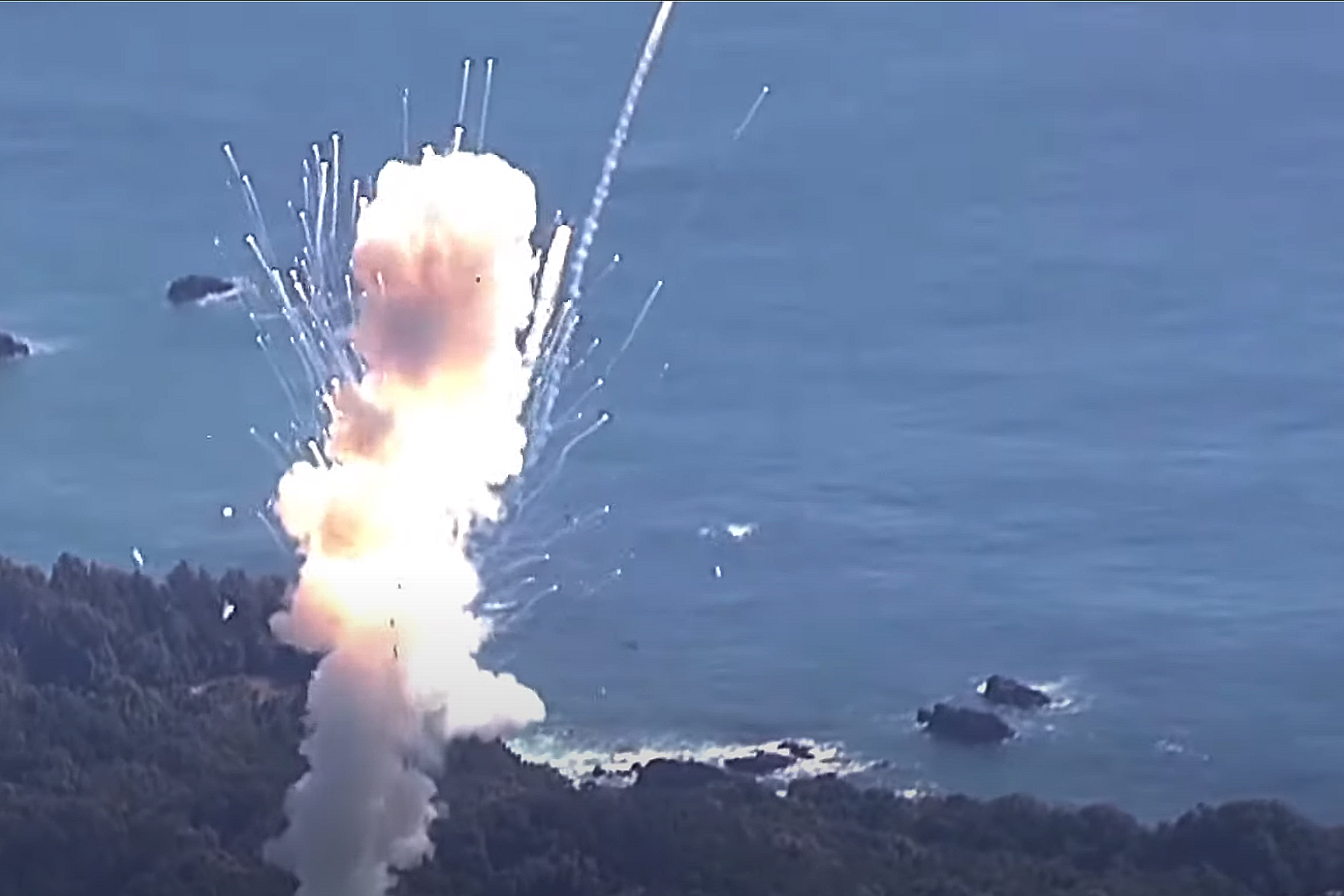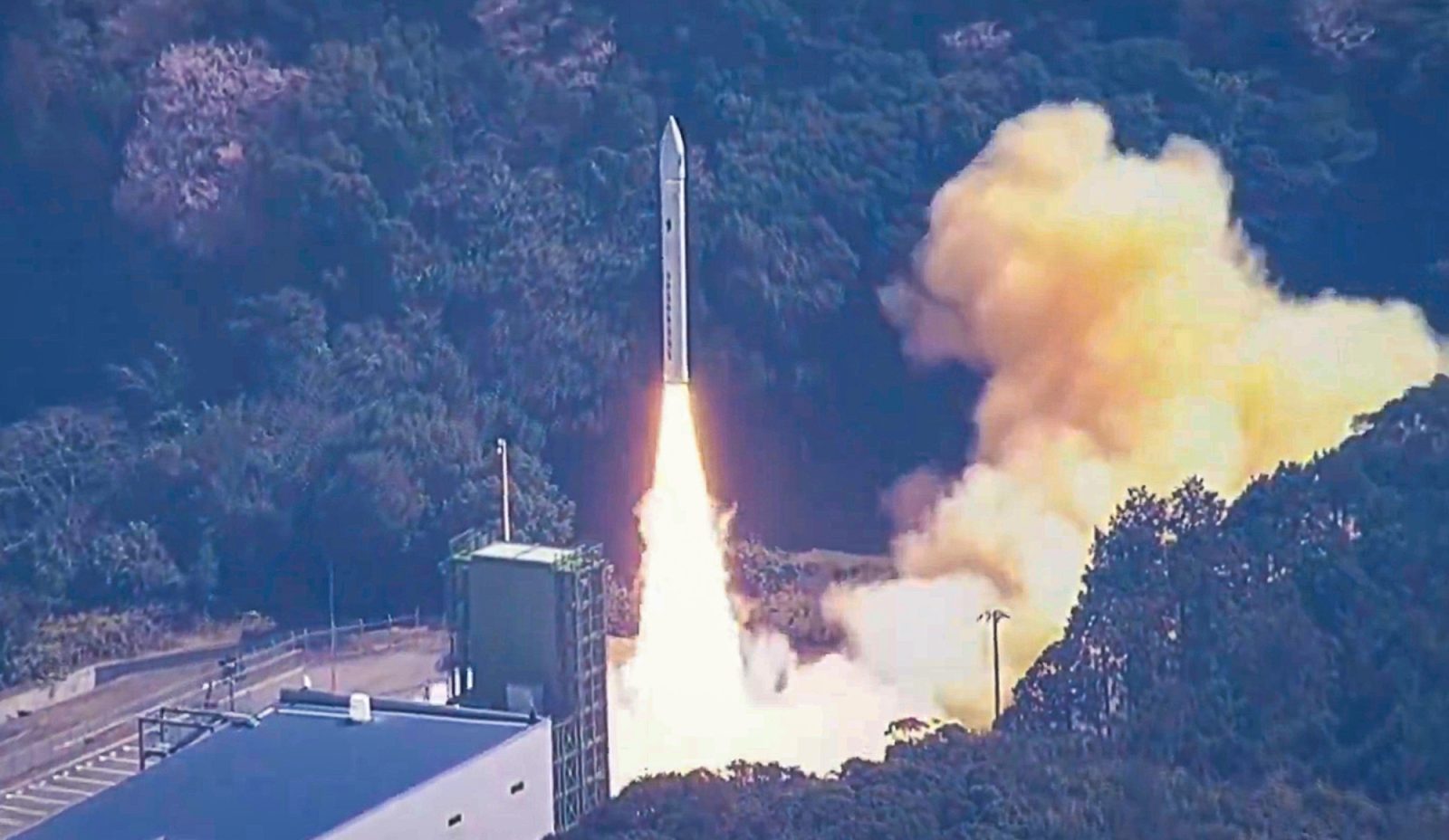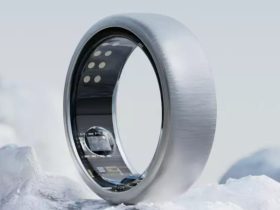On Friday, a second stage engine intended for the Japan Aerospace Exploration Agency’s (JAXA) Epsilon S rocket exploded during a test, resulting in significant fire and smoke, and causing extensive damage to the test facility in Noshiro, Akita Prefecture, northeastern Japan.
This incident represents another setback for Japan’s struggling spaceflight industry.
The explosion happened at JAXA’s testing site, according to a statement from Japan’s Education, Science, and Technology Ministry.
The failure occurred about one minute into what was planned to be a two-minute test of the rocket’s second-stage engine. Television footage showed flames erupting from the test facility, followed by a thick cloud of smoke that engulfed the entire area.
The combustion test had started at 9:00 a.m. local time at the center’s vacuum firing test facility. Firefighters responded with 10 fire trucks to extinguish the blaze that had broken out in a building at the center.
The explosion caused the roof and some exterior walls of the building to be torn off. Fortunately, there were no injuries reported, as personnel were required to stay at least 2,000 feet (600 meters) away from the facility during the test.

The Epsilon S rocket is a three-stage solid propellant launch vehicle, and the latest addition to the Epsilon series developed by JAXA since 2007 to serve the small satellite launch market.
While five Epsilon launches between 2013 and 2021 were successful, the Epsilon-6 launch in October 2022 ended in failure, resulting in the destruction of the rocket with eight satellites aboard.
Epsilon S, the successor to the current Epsilon series, was slated for its debut flight later this year, but it remains uncertain if this recent incident will delay the rocket’s test flight.
Given recent setbacks, it is likely that Japan’s space ambitions will face further delays. JAXA indicates that the new Epsilon rocket shares similar components with Japan’s H3 rocket, which is also intended to represent a new era for Japan’s space industry.
However, the H3 rocket faced its own challenge when it was forced to self-destruct during its inaugural orbital attempt earlier this year.
Additionally, the private Japanese company ispace experienced a setback when its Hakuto-R lander crashed during an attempted soft landing on the lunar surface in April.
Japan’s spaceflight goals may face additional delays as its most promising rockets require further development.







Leave a Reply